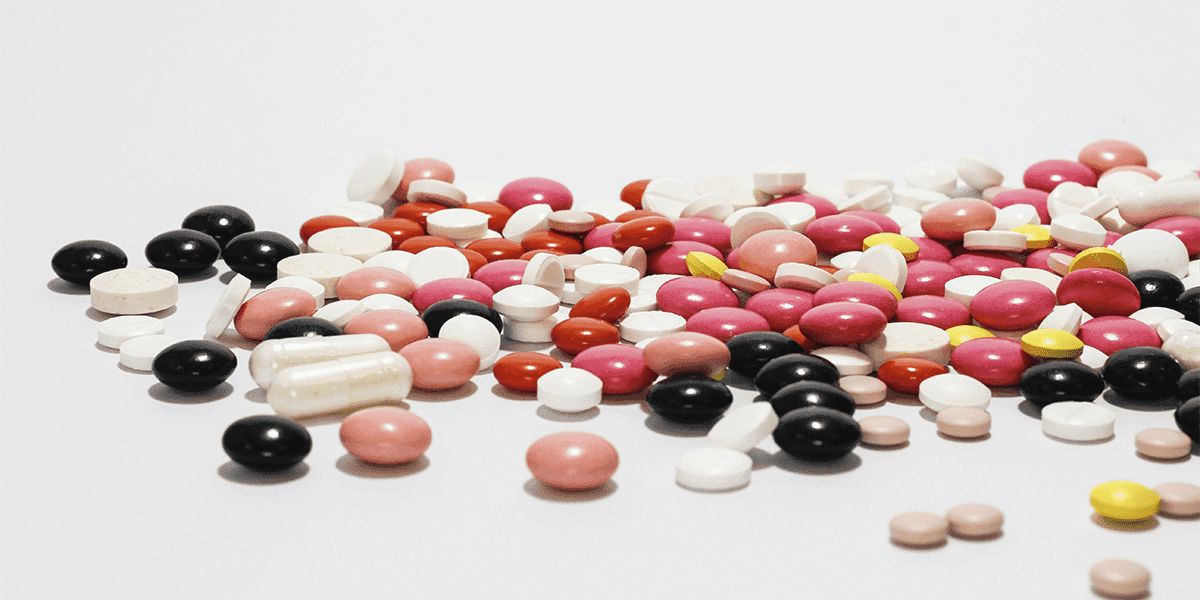What is pharmacogenomics, and why does it matter?

7.6 billion individuals inhabit the earth, and yet no two people are exactly alike (even identical twins!). While we take pride in (and celebrate) individuality, it also poses a challenge to medicine: How do you help everyone when everyone is different?
This question has led to the emergence of precision medicine—designing a patient’s medical treatment based on their unique combination of genetics, lifestyle, and environment. One particularly important branch of precision medicine focuses on how a person’s DNA can influence their response to certain drugs. This branch is called pharmacogenomics.
Traditionally, pharmaceuticals have been developed with a “one size fits all” approach assuming that most people will have a similar reaction to the drug. However, we know that this is not always the case. Some drugs work better for certain individuals, but not for others. In some cases, this can lead to unexpected and negative side effects known as adverse drug reactions (ADRs)1.
In the United States, 3 to 7% of hospitalizations are due to ADRs, and 10 to 20% of hospital patients will experience an ADR during their stay1. Generally ADRs are categorized into one of three groups: dose-related, allergic, and idiosyncratic.
Dose-related ADRs occur when an individual takes too much of a given drug; allergic ADRs occur when an individual is allergic to the drug. Idiosyncratic ADRs, on the other hand, are a little more mysterious. These reactions are unpredictable and aren’t well understood at the moment, but it is thought that they might have a genetic basis2. Pharmacogenomic research aims to uncover the genetic variations associated with idiosyncratic ADRs in order to prevent serious reactions, with the overarching goal of maximizing treatment efficacy by tailoring it to each individual’s genetics.
What’s an enzyme?
An enzyme is a type of protein that speeds up biochemical reactions. The CYP450 proteins are enzymes that make it easier for our body to chemically change (or metabolize) various drugs.
Arguably, some of the most important genes in pharmacogenomics are the cytochrome p450 genes, which code for enzymes that are involved in drug metabolism. Variants—changes in the DNA sequence—in these genes can affect how quickly we break down medications. If a patient is known to have a genetic variant causing them to metabolize a specific drug more slowly than what is considered to be normal, their doctor may decide to give them a lower dose. On the other hand, if a patient metabolizes a drug very quickly, their doctor may want to prescribe an increased dose. Medication and drug dosing is a complex topic that involves a number of other factors including the patient’s age, weight, medical history, and other drugs they may be already taking.
Nonetheless, genetic information can be a very useful tool in this new era of personalized medicine.
Though the field of pharmacogenomics is still in its infancy, it’s already had an impact on modern medicine3. For instance, before prescribing the drug abacavir to an HIV-infected patient, the U.S. Food and Drug Administration (FDA) recommends that doctors first test the patient for a genetic variant that would increase their odds of having a negative reaction to the drug. In the case of the blood thinner clopidogrel, we know that individuals with certain variants in one of the cytochrome p450 genes are poor metabolizers of the drug, meaning the standard dose will be less effective for them. The FDA suggests that physicians consider alternative treatments or treatment strategies for individuals with these variants. In both cases, the patient’s genetic information is used to potentially provide safer medication dosing and optimize treatment efficacy.
Ready to learn more about how DNA affects your health? Click here to learn more about health products available in the Helix Store.
- “Adverse Drug Reactions – Clinical Pharmacology.” Merck Manuals Professional Edition, www.merckmanuals.com/professional/clinical-pharmacology/adverse-drug-reactions/adverse-drug-reactions.
- Adams, J. (2008) Pharmacogenomics and personalized medicine. Nature Education 1(1):194.
- Relling, Mary V., and William E. Evans. “Pharmacogenomics in the Clinic.” Nature 526.7573 (2015): 343–350. PMC. Web. 28 Aug. 2018.